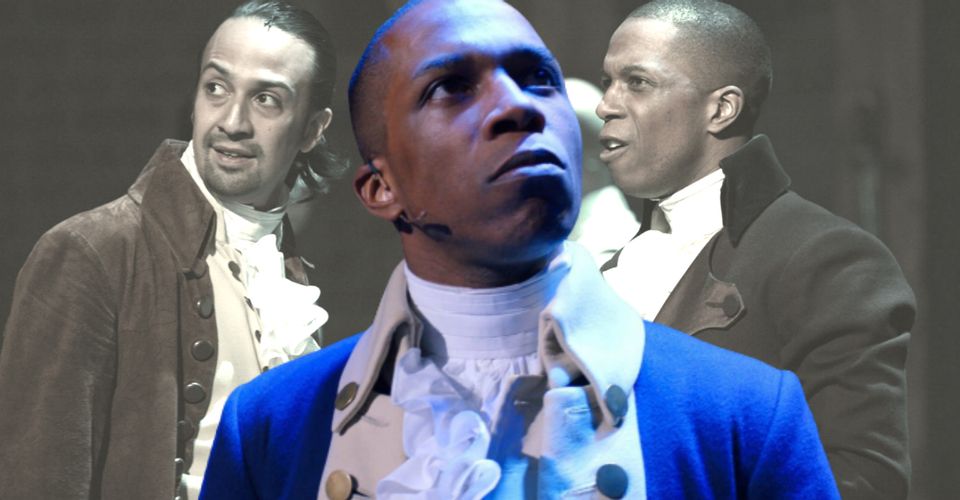Hamilton: Why Aaron Burr Is Always Called “Sir” In The Musical

Aaron Burr is frequently referred to as “Sir” throughout the musical Hamilton, which, aside from allowing for some wonderful wordplay, speaks to the status of both Burr and his rival, Alexander Hamilton. Currently streaming as a movie on Disney+, Hamilton is as much the story of Burr (Leslie Odom Jr.) as it is Alexander. The production charts their entwined lives, albeit with some embellishment, right up to the fateful duel in which Burr killed Hamilton.
Burr gets some of Hamilton‘s best songs, including “Wait For It” and “The Room Where It Happens”, both of which paint him as a complex individual, but it’s the number that properly introduces him, “Aaron Burr, Sir” that gives one of the musical’s long-running threads: the respectful moniker with which Burr’s name is almost always accompanied. While Hamilton and Burr are oft seen as equals, and indeed Alexander even moves ahead of his rival for the most part, the use of the name “Sir” works on a couple of different levels, and it isn’t just to rhyme with “bursar” (an event that, as far as anyone knows, didn’t actually happen).
Although Hamilton and Burr are around the same age (historical discrepancies mean Alexander is either a year older or younger), the use of “Sir” is to reflect Burr’s far greater social standing. When Alexander Hamilton arrives in America, he is, as the introductory number tells viewers, a “bastard, orphan, son of a whore”, and an immigrant on top of that, so while he may eventually have risen to the top, his status in New York at that point was pretty much non-existent. Burr, on the other hand, came from money and a well-established and respected family name: his grandfather, Jonathan Edwards, was one of the foremost philosopher’s in the United States, and his father, Aaron Burr Sr., was the president of Princeton University, which Burr Jr. later attended.

The use of “Sir”, then, reflects Burr’s status as a member of the gentry and his general perceived importance both over and to someone like Alexander Hamilton, but the use of the word does serve other purposes in the musical. Having the song called “Aaron Burr, Sir” – which just so happens to be the second number in the production, after “Alexander Hamilton” – means there’s immediately a clear delineation between the two. One just gets their name, but the other gets their name plus “Sir” – this difference is then highlighted in their respective arcs and actions, as the brash Alexander plunges himself head first into the American revolution, while Burr, perhaps with the luxury of his inherited wealth and standing, is more comfortable with sitting back and seeing which way things go. And, given the audience is supposed to connect with Alexander, the “Sir” then puts Burr above the viewer’s status too, better positioning him as the de facto villain of the story (such as one exists).
The clever use of “Sir” continues with its use in Hamilton‘s”Ten Duel Commandments”, in which not only does Hamilton call Burr “Sir”, but it is said back to him as well. This reflects Alexander’s advancing station, since he’s making his way up the ranks and becoming trusted by George Washington, but is also some smart foreshadowing of their own duel later. Duels were often a matter of pride among gentlemen, both in terms of challenging and accepting; to refuse a duel wasn’t an option, but what could happen would be to, as Alexander does, throw your shot away. Of course, Burr doesn’t follow suit; not only is he guilty of killing Hamilton, but his reputation, despite avoiding arrest, would never fully recover from the incident.
About The Author

















